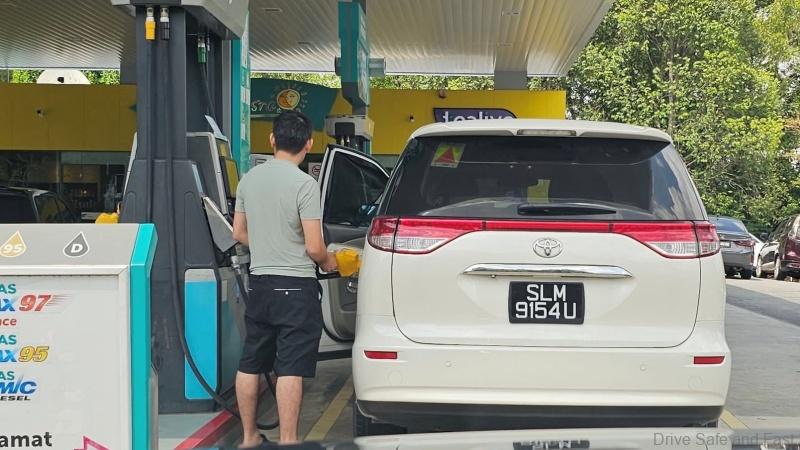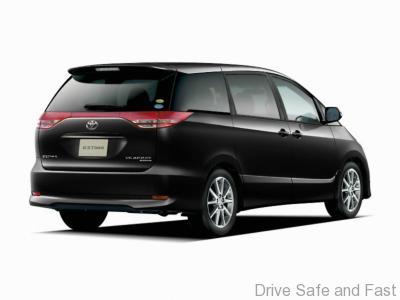We all know RON95 is meant for Malaysians only so why is this not being enforced?
A recent incident in Malaysia has highlighted ongoing concerns about the misuse of subsidised fuel, with yet another Singaporean caught pumping RON95 petrol, which is meant exclusively for Malaysians. This man was caught filling up his Toyota Estima at a petrol station in Johor, Malaysia, using a Singapore-registered vehicle.

This act is a violation of Malaysia’s fuel subsidy policies, and authorities are continuing to clamp down on such practices to preserve the subsidy system for Malaysian citizens. As of 26 December 2024, the price of petrol in Malaysia was significantly lower than in neighboring countries. Still, this is higher than before and if this continues, it will only get higher.
Moreover, RON95 petrol, which is subsidised by the government, was priced at RM2.05 per litre, while the more premium RON97 fuel was priced at RM3.25 per litre. The Malaysian government provides these subsidies to make fuel more affordable for local citizens, and the pricing is a major draw for foreigners, especially those living in or traveling from Johor.

However, these subsidies are intended to benefit Malaysians and ensure that local citizens have access to affordable fuel for their everyday needs. When foreigners, particularly those from Singapore, take advantage of the subsidised fuel, it undermines the system and puts a strain on Malaysia’s resources.
The issue is also particularly sensitive given Singaporeans keep doing this and nothing is being done to stop them. Malaysian authorities say they have been strict about this misuse, frequently monitoring vehicles with foreign license plates at petrol stations in border areas. Yet, we still see things like this happen almost everyday, so when does it end?

On top of that, the government has implemented measures such as vehicle registration checks and patrols to deter this type of fuel fraud. In the case of the most recent incident, the Singaporean individual was caught red-handed, and the authorities have vowed to continue with rigorous enforcement efforts.

This issue reflects the broader challenge of balancing the benefits of fuel subsidies with the risk of exploitation by foreigners. The more these subsidies are misused by the wrong parties, the less the fuel will be subsidised. So, I urge all Malaysians, if you ever see something like this, do not wait for the authorities to step in, do what we Malaysians do best and “viralkan dia.”